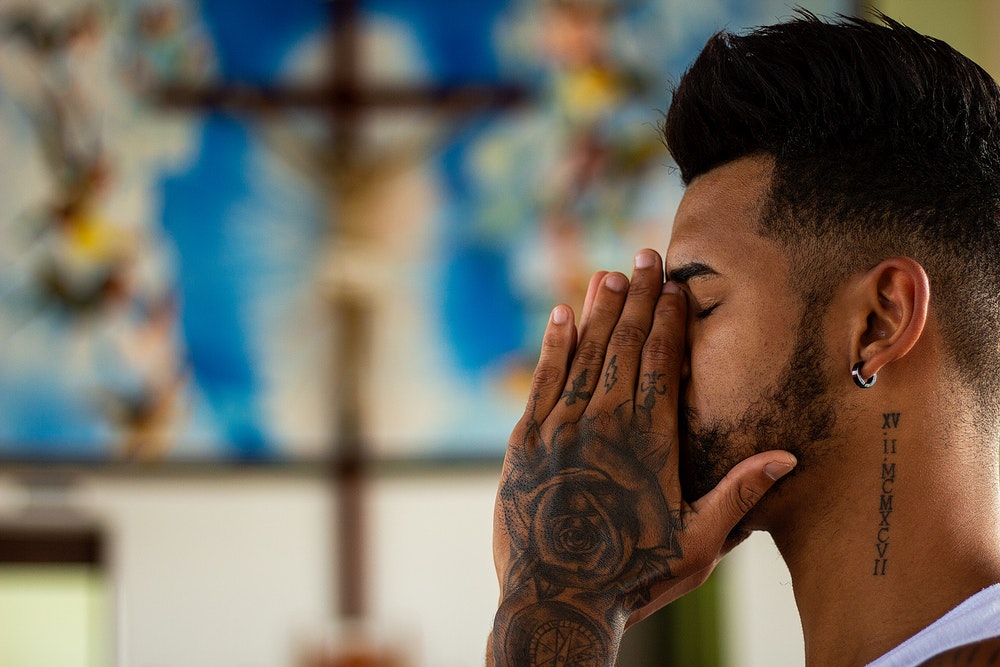Amid mounting allusions to “persecution” because of church closings on health grounds due to the pandemic, I want to provide some respectful perspective for my fellow American Christians.
I’ve worked my entire 20-year career on international religious freedom, meeting persecuted Christians from around the world. I’ve heard their stories, seen their tears and wounds, and lost friends. From those encounters, I’ve learned persecution is intense, and it is violent.
Therefore, I hope Americans will set the term persecution aside, so it doesn’t lose its intensity or veracity.
The United States is one of the most open and liberal countries for freedom of religion and belief. From our first settlers seeking freedom to practice their faith, to our founding values starting with the First Amendment and consequent laws and now a long-running string of Supreme Court victories, Americans of all faiths (and no faith) have become accustomed to ever-expanding religious liberties. It’s part of American exceptionalism.
And this exceptionalism carries over into how our country promotes and protects religious freedom for all internationally. During my time at the State Department under both the Obama and Trump administrations, we helped carry this out, preaching the values of religious liberty as a social good as well as confronting persecutors. The US is the foremost advocate internationally—full stop. Persecuted people of all faiths pray for our intervention and desire to flee to our shores.
With the pandemic, it’s been unsettling for Americans to see local and state governments direct the closure of churches (as well as synagogues, mosques, and temples) for health reasons. It’s not something most of us have experienced before. However, I know many churches have found innovative new ways to gather virtually, or outdoors, for Sunday worship or fellowship. My church is no exception. It’s better than nothing, and we benefit from our communities of faith during these challenging times.
While the temporary closures are jarring for Americans, foreign governments permanently shut down places of worship all the time. Sadly, …
News brought to you by Christianity Today



